The Magic Flute at the Royal Opera House
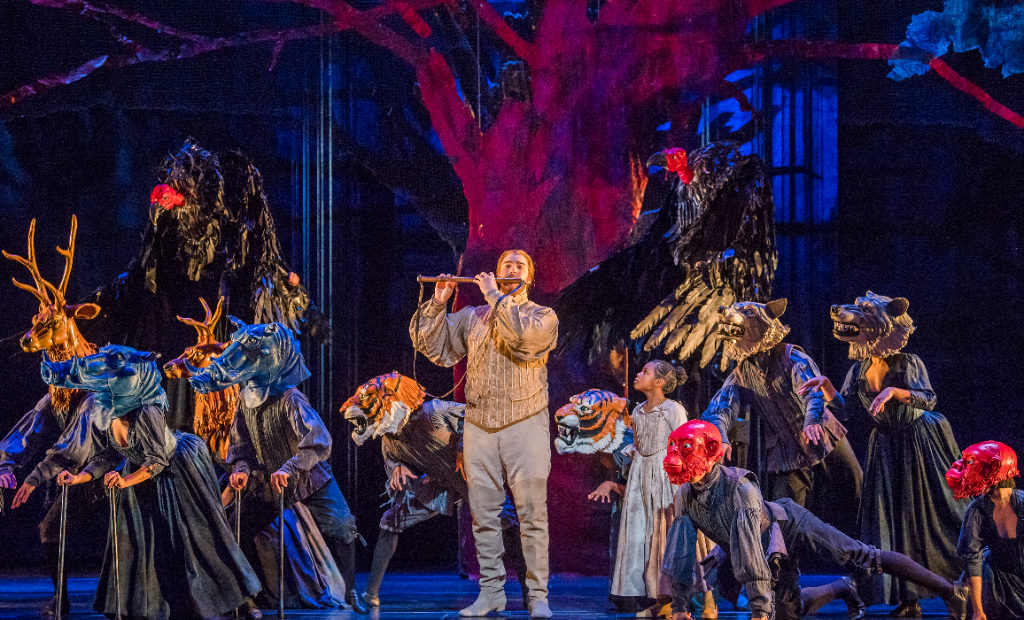
Mozart’s singspiel opera Die Zauberflöte (The Magic Flute) centres around the moral dualism of good and bad – a distinction that is constantly blurred, leaving many questions. It tells the tale of the Javanese prince Tamino (Benjamin Hulett), who goes to Egypt in search of wisdom only to be met with a giant, vicious serpent. He calls out for help and the Three Ladies (Kiandra Howarth, Hongni Wu and Nadine Weissmann) appear to his aid, then argue among themselves about who should stay with him while the other two go to inform the Queen of the Night (Tuuli Takala). When Tamino regains consciousness, he meets the bird catcher, Papageno (Vito Priante). Whereas the dichotomy of light and dark are suggestive of good and evil, these boundaries are contradicted by the fact that the three women punish Papageno for lying, giving him water, a stone and a padlock for his mouth instead of wine, cake and sweet figs in exchange for his birds.
Truth and wisdom set the theme for this opera, but where to find them is not so easily defined. It is, after all, the Queen of the Night who gives Tamino and Papageno the magical instruments to protect them from harm, as well as the Three Boys who guide their way to Sarastro’s (German bass Andreas Bauer Kanabas) realm. Sarastro has kidnapped Pamina (Elsa Dreisig), but as we later learn, it is only to protect her from the single-mindedness of her mother, whose fixation of revenge has led her to deviate from the path of good, truth and love. However, why Sarastro chooses to keep the malicious Monostatos (Filipino tenor Rodell Rosel) sparks further questions as to the absolute nature of good or evil.
Takala’s soprano is a sensation, causing a wave of thunderous applause from audience members after each performance. Dreisig is the sweet and soft soprano of the young and innocent – yet strong and defiant – Pamina, who does not wait helplessly to be saved by some unknown prince. Rather, she is active in her own liberation and perseveres despite losing her father, being kidnapped and disowned, finding and immediately losing love. In spite of it all, she does not lose faith.
Critics have discussed the Masonic symbolisms, astronomic and numerological undertones, and Egyptian/Zoroastrian allusions of Die Zauberflöte since its premiere in 1791, the year of Mozart’s death. Conductors Leo Hussain and Richard Hetherington, revival director Bárbara Lluch and director David McVicar beautifully capture all the subtleties and complexities of this masterpiece.
Marissa Khaos
Photo: Tristram Kenton
The Magic Flute is at the Royal Opera House from 1st November until 28th November 2019. For further information or to book visit the theatre’s website here.

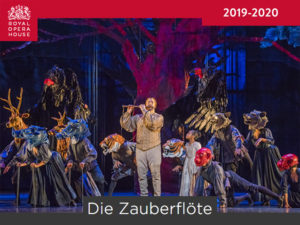
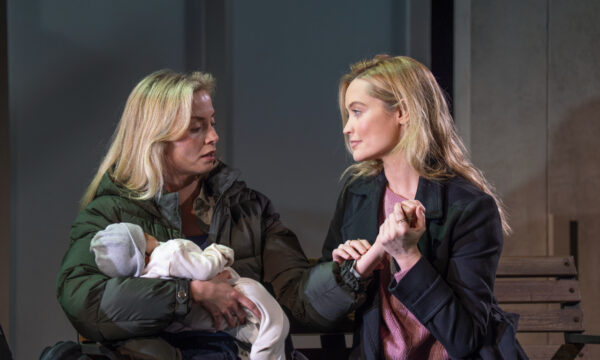
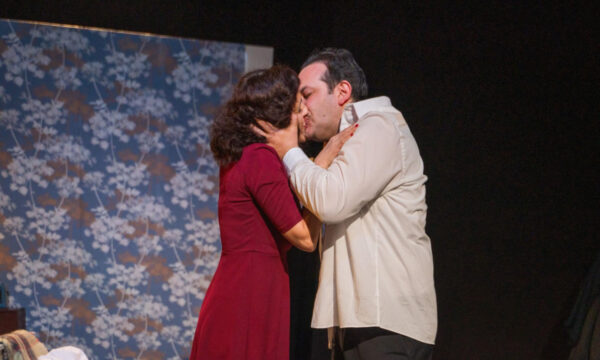
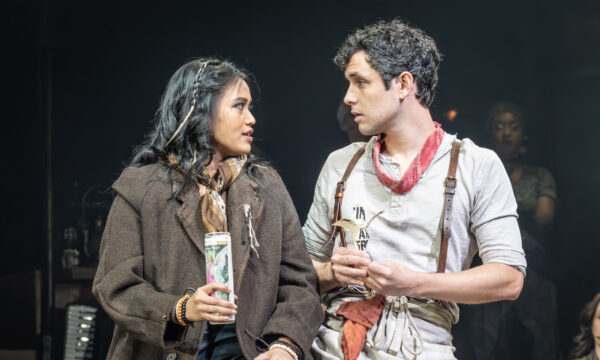

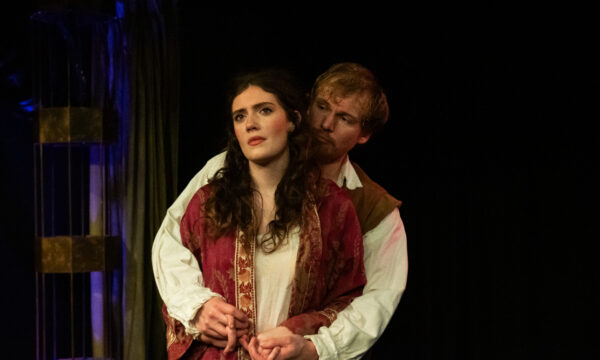
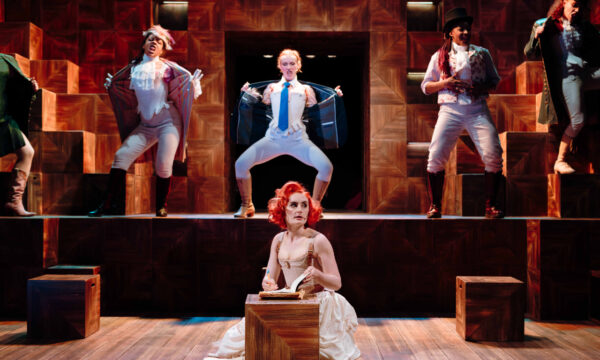











Facebook
Twitter
Instagram
YouTube
RSS